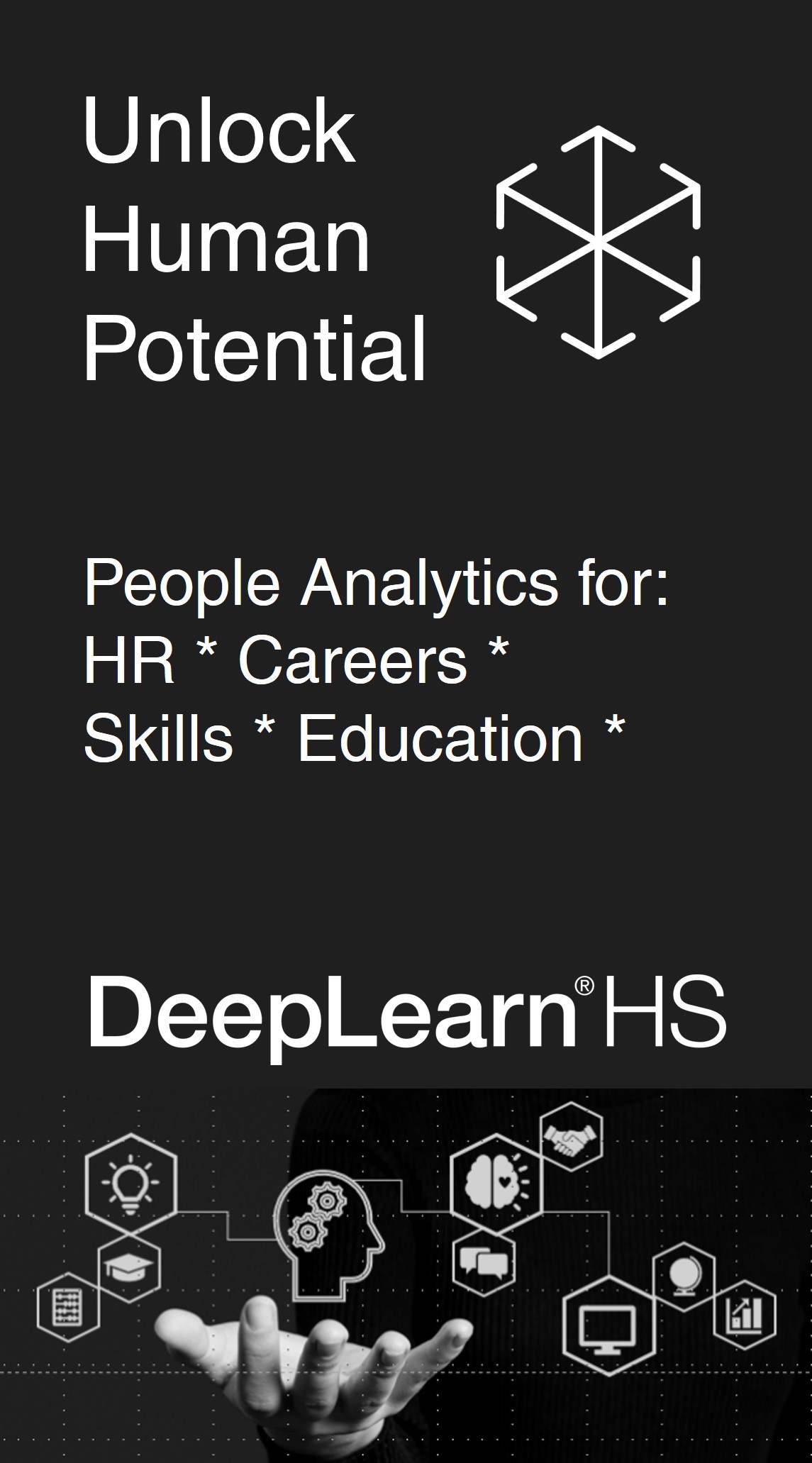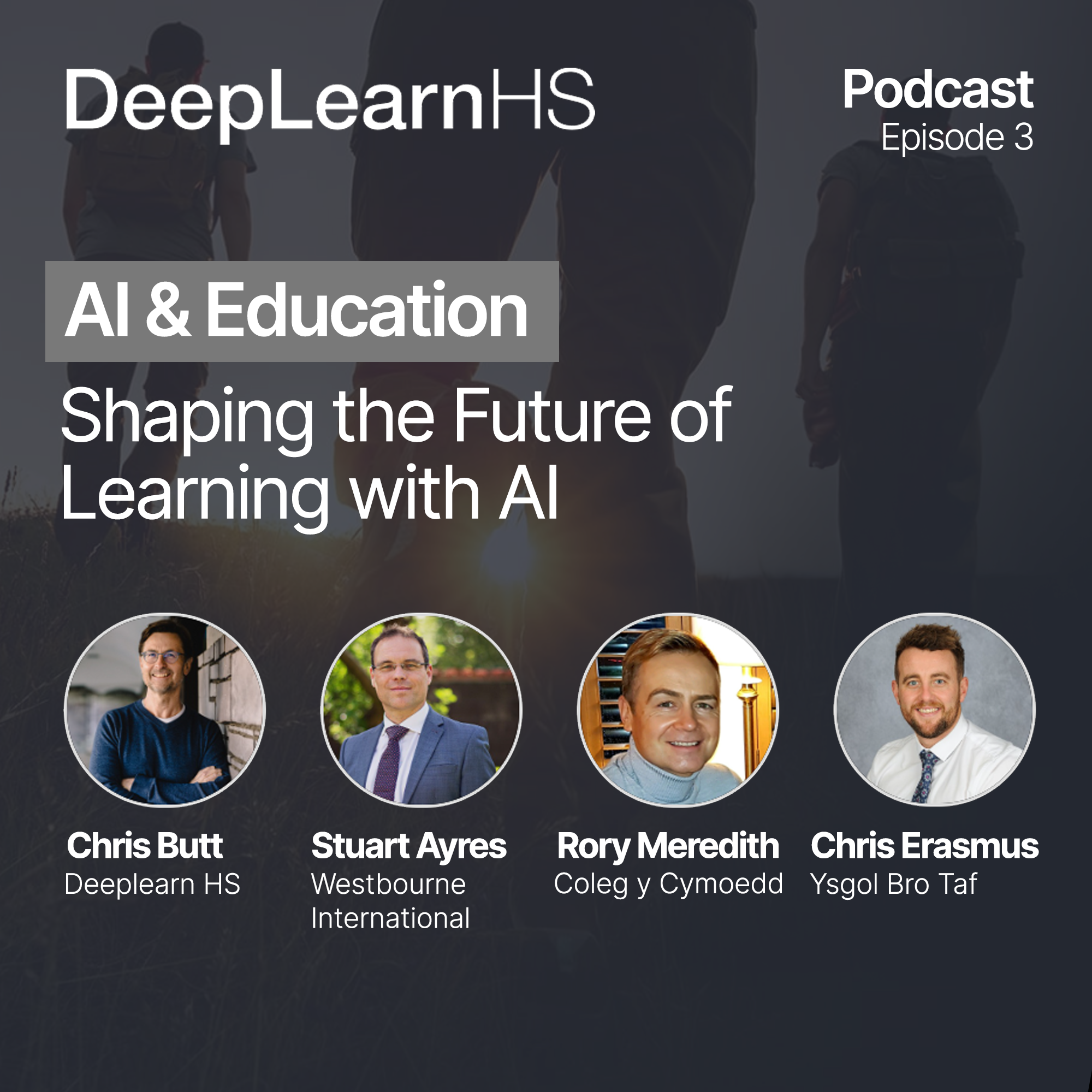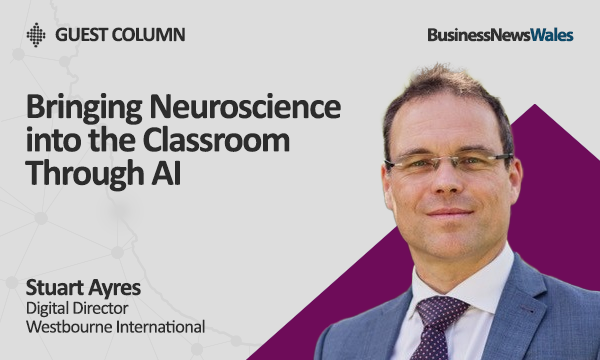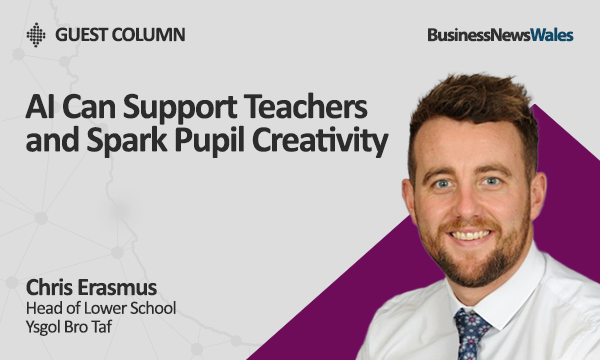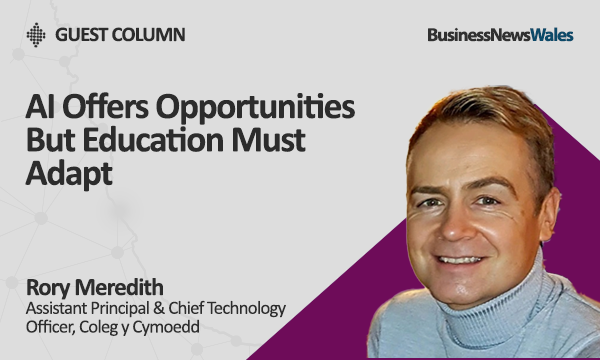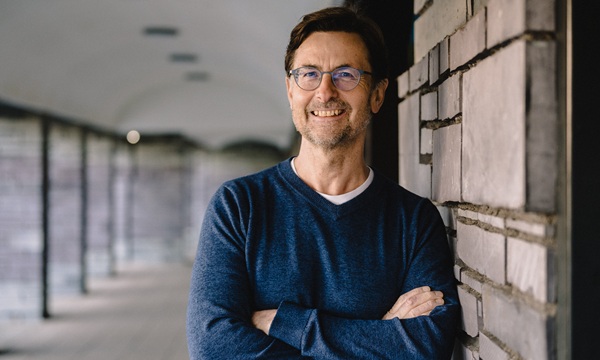
GUEST COLUMN:
Chris Butt
CEO & Founder
DeepLearnHS
If there’s one thing I’d love to see come out of the AI revolution, it’s that we stop talking so much about the technology and start talking about the people behind it.
At DeepLearnHS, we work across all parts of the learning and workforce journey, from schools to universities, and through every phase of working life. What excites me most is that for the first time we have the tools to make that journey truly personal – to design learning and training around the individual, and to match digital innovation with the very human capabilities that machines will never replace. In short, this is our chance to build a more human-centred workforce.
AI is incredibly effective at spotting patterns in large datasets. That makes it well-suited to identifying skills gaps in organisations, tracking the impact of learning interventions and personalising development programmes at a scale that was unthinkable a few years ago. It allows us to map technical and human skills across the workforce, quickly and in detail. That’s the heavy lifting, and AI does it well. But it still needs humans to provide the direction, empathy and context that machines can’t replicate. And those are exactly the skills that employers now need to focus on.
Soft skills like empathy, curiosity and social judgement have often been undervalued – underfunded too – but they’re becoming more important, not less. What we’re seeing now is the opportunity to move away from a rigid hierarchy of job roles and towards a more flexible focus on skills. In this model, AI doesn’t replace people. It augments them, taking care of repetitive and administrative tasks, freeing people up to be more creative and imaginative.
That also changes how we think about education. For too long, we’ve treated learning as something front-loaded in life – the school-leaver or graduate enters the workplace and that’s it. But from everything we now understand about neuroscience and cognitive development, we know the brain doesn’t stop learning at 18 or 21. Lifelong learning is not just a nice idea – it’s essential, and we need systems that support it.
AI allows us to make that possible. Imagine a dynamic, digital skills passport, something that stays with you from early years to retirement, recording and recommending learning in real time, as your career progresses or changes direction. That’s not a distant vision. It’s something we’re starting to build now, and I think it will become the norm in the years ahead.
Of course, AI will impact jobs – it already is. But the bigger shift may be in how we structure organisations. Instead of thinking in terms of job titles and static roles, we’ll think in terms of capabilities – what a person can do, and how those capabilities can evolve. In that world, digital literacy matters. But so does the ability to lead, to adapt, to communicate well, and to show emotional intelligence in complex situations. Those are things AI cannot do – and they’re exactly the things we need to prioritise in training and development.
To make this work, we need a twin-track approach. AI can personalise training journeys, recommend content, identify skills gaps and flag opportunities. But it must be matched with human coaching, mentoring and support. This is not about teaching everyone to code. It’s about using technology to help every individual reach their potential, whether they’re 17 and just starting out, or 57 and facing a career change.
There’s a policy role here too. I don’t think government is moving fast enough. We need clearer direction and stronger support for digital upskilling – not just in schools but right across the workforce. And we need to be honest about the ethics of AI use, especially when it comes to data. Too often, the terms and conditions that sit behind a piece of software are impossible to understand. Tech companies – ours included – must do better at explaining how data is being used, and why.
For all the risks and unknowns that come with AI, I remain optimistic. We now have the opportunity to reshape our approach to skills, learning and human potential. This century could be the first to truly democratise access to meaningful, lifelong learning.
Listen to Chris discuss this and more in episode two of the DeeplearnHS podcast series, AI-Driven Skills Development, Upskilling, and Workforce Adaptation, HERE



